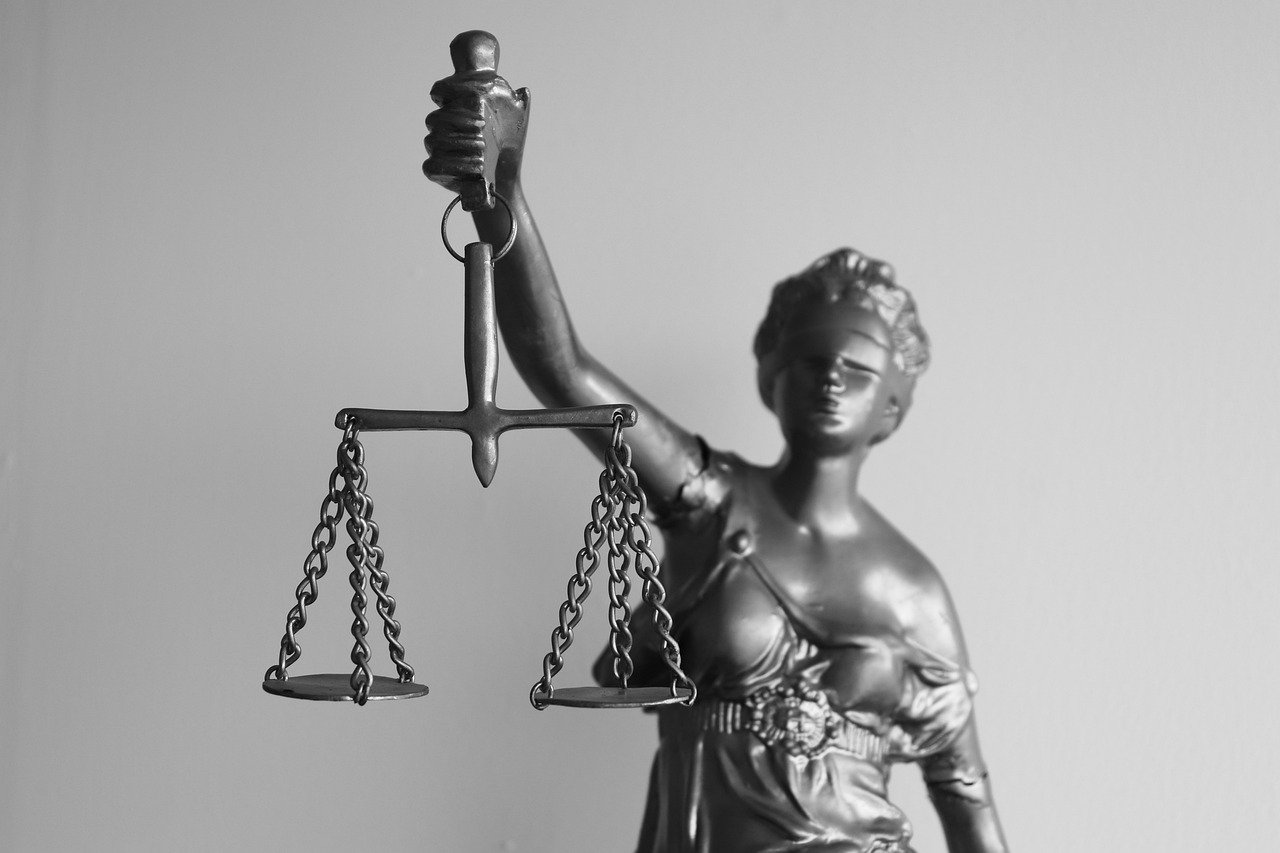Natural Law
Natural law and natural rights follow from the nature of man and the world. We have the right to defend ourselves and our property, because of the kind of animals that we are. True law derives from this right, not from the arbitrary power of the omnipotent state.
- Idea of perfect law based on equity, fairness, and reason, by which all man-made laws (see positive law) are to be measured and to which they must (as closely as possible) conform. Natural law is derived from the concept that the entire universe is governed by cosmic laws on which human conduct should be based, and which can be deduced through reasoning and the moral sense of what is right or wrong. [i]
- A system of right or justice held to be common to all humans and derived from nature rather than from the rules of society, or positive law.[ii]
- A rule of conduct arising out of the natural relations of human beings, established by the Creator, and existing prior to any positive precept Webster. The foundation of this law is placed by the best writers in the will of God, discovered by right reason, and aided by divine revelation; and its principles, when applicable, apply with equal obligation to individuals and to nations.[iii]
[i] http://www.businessdictionary.com/definition/natural-law.html
[ii] http://www.britannica.com/topic/natural-law
[iii] http://thelawdictionary.org/natural-law/
Positive Law
- Body of man-made laws consisting of codes, regulations, and statutes enacted or imposed within a political entity such as a state or nation. Contrasts with natural law.[i]
- Positive Law is the laws that are enacted by men and women through proper authority in accordance with these canons for the government of a society. As Positive Law ultimately refers to physical objects and living beings, all valid Positive Law may be said to be derived from Natural Law.[ii]
- A Positive Law cannot abrogate, suspend, nor change a Natural Law. Nor is it possible for a Positive Law or Natural Law to abrogate, suspend or change a Divine Law.[iii]
- Positive law regards law from the position of its legitimacy. Positive law is law by the will of who ever made it[iv]
[i] http://www.businessdictionary.com/definition/positive-law.html
[ii] http://one-heaven.org/canons/positive_law/article/2.html
[iii] http://one-heaven.org/canons/positive_law/article/2.html
[iv] https://en.wikipedia.org/wiki/Man-made_law
Divine Natural Law
In Thomas Aquinas’s Treatise on Law, divine law comes only from revelation or scripture, hence biblical law, and is necessary for human salvation. According to Aquinas, divine law must not be confused with natural law.
- Proponents of divine natural law contend that law must be made to conform to the commands they believe were laid down or inspired by God, or some other deity. These naturalists assert that the legitimacy of any enacted human law must be measured by principles of right and wrong. Such principles can be found in various Scriptures, church doctrine, and the decisions of ecclesiastical courts. Human Laws that are inconsistent with divine principle of morality, naturalists maintain, are invalid and should neither be enforced nor obeyed[i]
- Divine law is any law that supposedly comes directly from the “will of God” in contrast to man-made law. Unlike natural law, which is independent of human beings, divine laws are totally dependent on human narrators and closely related to different cultures and may change in human perception in time through new revelation. Divine law is commonly equated with eternal law, meaning that if God is infinite, then his law must also be infinite and eternal.[ii]
[i] http://legal-dictionary.thefreedictionary.com/Natural+Law
[ii] https://en.wikipedia.org/wiki/Divine_law
Common Law
Until the 12th century, law in the western world consisted of written laws, called Civil Laws, all traceable to Roman law. This basic system still prevails in many countries as well as in the state of Louisiana.
However, after the Norman conquest of Britain in 1066, a legal tradition called the “common law,” different from that of civil law, began to develop in England. In the 1100s during the reign of the legal reformer, Henry II, court decisions were written down and catalogued according to the types of cases. When the courts were called on to decide similar issues later, they reviewed the earlier decisions and if one was found that covered the earlier decision, and they applied the principle of the earlier decision.[i]
- The principles and rules of action, embodied in case law rather than legislative eenactments, applicable to the government and protection of persons and property that derive their authority from the community customs and traditions that evolved over the centuries as interpreted by judicial tribunals.[ii]
- Law that is derived from judicial decisions instead of from statutes.[iii]
- As distinguished from the Roman law, the modern civil law, the canon law, and other systems, the common law is that body of law and juristic theory which was originated, developed, and formulated and is administered in England, and has obtained among most of the states and peoples of Anglo-Saxon stock. (Lux v. Haggin)[iv]
[i] http://www.friendsoffreedom.com/Writings/CommonLaw.html
[ii] http://legal-dictionary.thefreedictionary.com/Common+Law
[iii] https://www.law.cornell.edu/wex/common_law
[iv] http://thelawdictionary.org/common-law/ (Uses Black’s Law Dictionary as Source)

